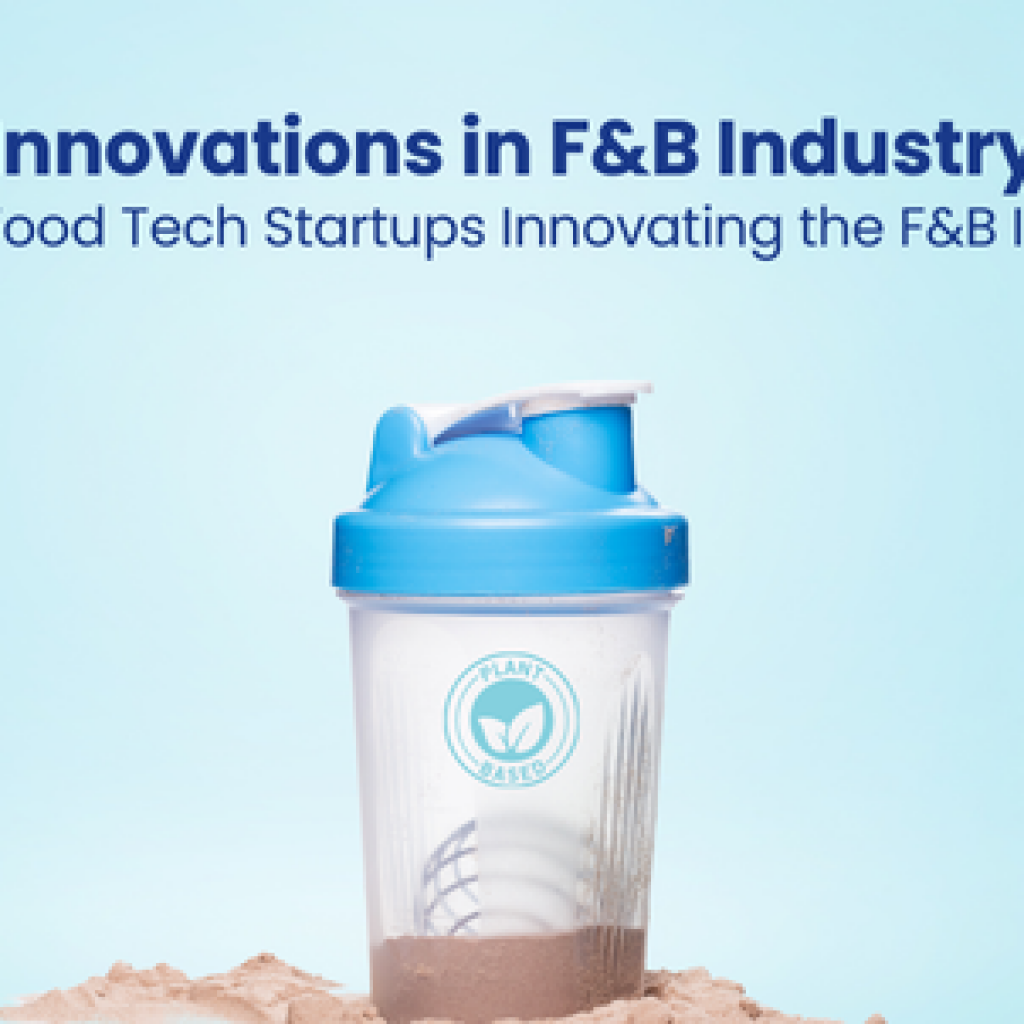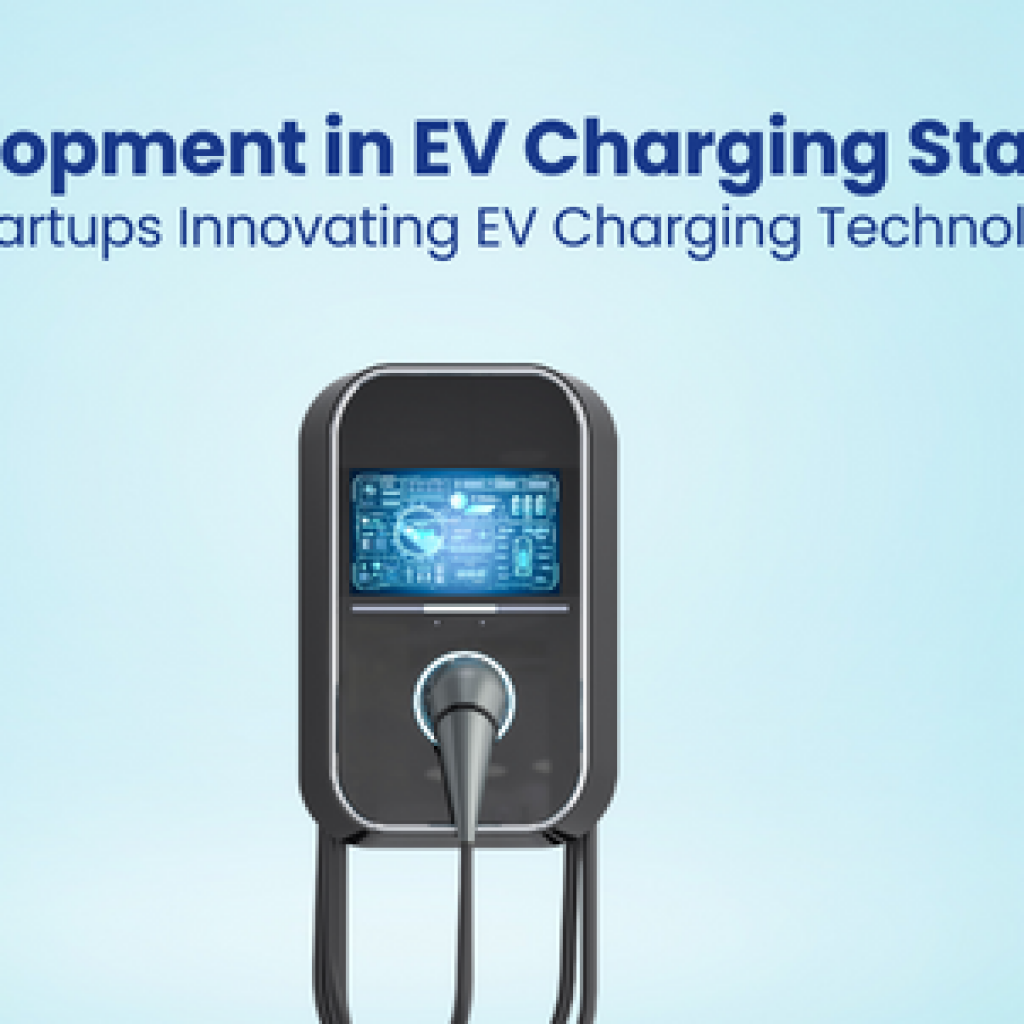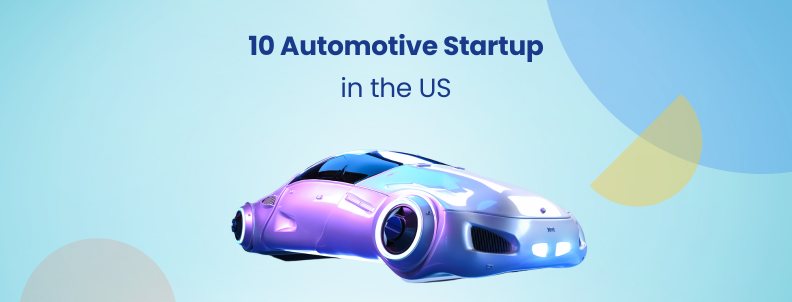Alchemy Foodtech’s patented Alchemy FibreTM technology helps reduce sugar by decreasing the sugar content from 17.5g in the original Chocolate Chip cookie to almost half. All this while maintaining the same amount of chocolate goodness.
“We are pleased that our technology solution was so well-received and hope that consumers will like the new and healthier Subway Chocolate Chip Cookie Siew Dai as well,” said Verleen Goh, Co-Founder, and Chief Technology Officer of Alchemy Foodtech.
The global sugar reduction market is still an untapped area of the Food Technology Industry, and Alchemy Foodtech is among the few companies taking advantage of this opportunity. In 2021, the market was worth $16.4 billion, but it is expected to grow to $20.1 billion by 2026 due to the increasing consumer demand for healthier products.
Global Sugar Reduction Market Size during 2021-2026 ($Billion)

Obesity, diabetes, cardiac disease, and skin issues have driven consumer interest in low-calorie and sugar-free items, fueling the Sugar Reduction trend. Food safety authorities’ efforts and endorsements to reduce sugar and eliminate trans fats in processed diet items to prevent diseases are also pushing the industry. (Source)(Source)
Hence, as innovators aim to ride this growth, we bring you this article covering the innovative solutions the top companies have put forth in sugar reduction.
To get a better understanding of the sugar reduction technology landscape, fill out the form below to get our exclusive report:
Major Companies Working on Sugar Reduction
1. Nestlé
Nestlé began its project to cut down on sugar in 2016. Their goal is to make their sugar crystals smaller. By making the sugar crystals smaller, they dissolve quicker in the mouth and taste sweeter. This technique for cutting down on sugar is based on material science. The sugar crystals are restructured into amorphous, porous sugar, which is then added to their products. Sugar crystal sizes are reduced to reduce sugar concentration to 40%.
In 2022, Nestlé Health Science cut the amount of sugar added to its Carnation Breakfast Essentials ready-to-drink and powder products by 25%. (Source)
Carnation Breakfast Essentials Range

In Nov 2022, at investor day, the company announced a new sugar reduction technology that will be implemented at a large scale in 2023 in 200,000 tons of its products.
The tech is based on a “fermentative transformation of intrinsic sugars found in raw materials, for instance, lactose in milk maltose, malt, fructose, and fruit juice. And using fermentation, we transform those intrinsic sugars into Prebiotic fibers that reduce the sugar content of the products”, explained Stefan Palzer, Nestlé Chief Technology Officer.

Source: Nestle
The technology allows Nestle to reduce the content of the product by up to 50 percent, depending a bit on the recipe, of course, and to reduce the calorie content of our products by 25 percent. Further, more importantly, it also has very little impact on taste and can maintain sweetness, so there is no need to add sweetness here to the product. (Source)
2. Givaudan
Givaudan is a flavors and fragrances company that came out with a novel way to cut down on sugar and make products with less sugar and no added sweeteners. This strategy uses a newly developed unique sensory language, innovative ingredients, and an in-depth understanding of sweetness and satisfaction to offer a sugar reduction content of up to 50% while ensuring consumer preference.
The technique created a new reduced-sugar peach yogurt drink and an orange drink with 50% less sugar content. (Source)(Source)
Nutri TasteSolutions® Sugar and TasteSolutions® Sweet

In 2018, the company collaborated with Amyris to develop a tabletop application for its naturally derived, calorie-free sweetener. The use of Amyris’s high-performing component and Givaudan’s leading formulation capability resulted in the creation of the most effective products that contained little to no sugar. Initially, tabletop sweetener application was made available in Brazil and then marketed to other countries. (Source)
3. Südzucker
Südzucker offers the processing sector in Europe the most comprehensive array of standardized and customized sugar specialized solutions based only on natural ingredients.
This company made three sugar-reduced fondant solutions with a 30% reduction, giving numerous possibilities for product creation or reformulation. The number of calories was also cut down slightly. These solutions are used in filled chocolates and coated products such as donuts, sweet pastries, and other similar items. (Source)
Sugar-Reduced Fondant Solutions vs Full Sugar Fondant Solutions

In 2018, Südzucker announced working with DouxMatok to bring DouxMatok’s groundbreaking sugar reduction solution to the European market. This was done to help the food industry meet its goal of lowering sugar in its products. The companies put their efforts into developing new process technology for increasing production levels to sell it to European food brands for usage in a wide variety of product segments, such as chocolate, snack bars, spreads, biscuits, baked goods, and sweets. (Source)
Top 5 Startups Working on Sugar Reduction
1. Better Juice
Better Juice, based in Israel, is one of the first food technology startups to deliver cutting-edge technology that reduces sugars in orange juice. The company’s patent-pending technology uses only natural ingredients to turn monosaccharides and disaccharides (such as fructose, glucose, and sucrose) into prebiotic and other non-digestible fibers and sugars, all while preserving the beverage’s flavor. This startup is worth mentioning in our list because its’ technology can cut up to 80% sugar in natural juices and fruit-based formulations such as purées. (Source)(Source)
Better Juice Technology

In 2022, Better Juice and GEA partnered to establish a new pilot facility to offer juice producers the opportunity to test their sugar-reduction technology. The GEA innovation center in Ahaus, Germany, features the Better Juice Sugar Converter Skid among its many other cutting-edge technologies. The facility will offer laboratory services for testing all significant analytical parameters. During the trials conducted by visiting firms, staff from Better Juice and GEA skilled engineers will follow and guide the firms. (Source)
Author’s note: Recently, we talked with Eran Blachinsky, the co-founder of Better Juice, to get more insights on their technology and their future plans. Want to know how it went? See for yourself!
2. Arboreal

Arboreal is a leading plant biotechnology and bio-nutritional food products provider offering proprietary, natural, low-calorie and zero-calorie sugar reduction solutions for worldwide food and beverage companies. These solutions maintain taste and texture, providing partial and 100% sugar reduction options for a range of products including bakery, beverages, snacks, chocolates, ice cream, and sweets.
“In high-sugar items, like Indian sweets and cakes, Arboreal’s solutions are a first in the industry and have pushed the boundaries of what’s possible in sugar reduction. Our IP and know-how currently place us among the top five companies globally in the natural sugar reduction space. Majority of the new launches in the low- and zero-calorie segment in India use our solutions.” – Swati Pandey, Co-founder, and CEO, Arboreal. (Source)
3. DouxMatok
DouxMatok, a food-tech company based in Israel, has developed innovative sugar-based technologies that address consumers’ taste preferences and the growing demand for healthier food options. The company’s flagship product, Incredo® Sugar, is the world’s first solution developed with their exclusive technology for reducing sugar intake. Made from natural cane or beet sugar, Incredo® Sugar is a unique sugar reduction solution that offers superior nutrition, making it an exciting area of research for food scientists and health experts. (Source)
Incredo Sugar Vs. Regular Sugar


In 2022, DouxMatok and Better Nutritionals partnered to provide sugar-reduced gummies that taste just as good as regular gummies to customers of Better Nutritionals. The collaboration will explore new horizons in gummy supplements and help companies launch new products while maintaining their commitment to high-quality nutraceutical-grade products that taste great. (Source)
4. Inulox
Inulox invented an enzyme-based sugar reduction technique. This technology can convert sugar into a prebiotic fiber. It is based on natural enzymes derived from good gut bacteria that function in the body after consuming foods or drinks with sugar. The enzyme can be mixed straight into foods without affecting taste or texture. The company aims to assist people in benefiting from lower sugar and higher fiber diets. The enzyme will be marketed to food producers and manufacturers in the near future. (Source)

5. BlueTree
BlueTree is developing a sugar reduction platform for industrial applications in the beverage sector. Its goal is to selectively eliminate sugars from natural drinks without using additives.
The company has developed a technology, a system, and a product for 100% natural, freshly squeezed orange juice, with the amount of sugar in the juice being physically selectively decreased by up to 50%. It can be used for any natural liquids that are high in sugar. (Source)(Source)
Before Vs. After Eliminating Sugars

In 2021, BlueTree partnered with a global natural ingredients and compounds supplier, Prodalim. The two companies have inked a deal for the future sale of 100 million liters of reduced-sugar, 100% natural orange juice. The Prodalim and BlueTree teams will commercialize BlueTree’s goods. (Source)
Author’s note: Recently, we got into a conversation with Michael Gordon, CEO of Blue Tree Technologies, to get more insights on their technology and their future plans. Curious to know how it went? See for yourself!
Conclusion
The future outlook for innovation sugar reduction technology looks promising, given that the R&D is focused on improving sugar’s taste, texture, and preservation properties while reducing its overall consumption. Besides the above areas of innovation, there are other key trends in sugar reduction technology to which companies are researching to find solutions, such as:
- Reformulation: Food and beverage companies are reformulating their products to reduce sugar content while maintaining taste and texture. This involves using a combination of alternative sweeteners, such as high-intensity sweeteners, polyols, and natural sweeteners, to reduce the overall sugar content.
- Advanced processing technologies: Some companies use advanced processing technologies, such as enzymatic modification and fermentation, to produce alternative sweeteners with improved taste, texture, and functionality.
- Artificial intelligence and machine learning: Food and beverage companies are using artificial intelligence and machine learning to develop new sweeteners and formulations that can meet consumer preferences while reducing sugar content.
- Clean label: Many consumers seek clean-label products with simple and natural ingredients. Food and beverage companies are responding by using natural sweeteners and clean-label formulations to reduce sugar content and appeal to health-conscious consumers.
The sugar reduction market is huge, and so are your chances to pioneer this domain by solving its major challenges. Such a shift to reduce sugar has also opened the route to innovative sugar substitutes.
Eventually, this calls for staying up-to-date with the latest trends, and our exclusive insights on the list of startups solving individual sugar reduction challenges can come in handy.
So why wait? Fill out the form to ask for exclusive insights on the startups shaping the future of sugar reduction technology.
Authored by: Vipin Singh, Marketing Team
FAQs
Diabetes and Obesity – According to the World Health Organization (WHO), diabetes affects 422 million people worldwide, with the majority living in low- and middle-income nations. Furthermore, according to WHO data, 1.9 billion mature adults worldwide were overweight in 2016, with 650 million obese. The rising number of diabetic and obese people propels the Sugar Reduction Technology Market. (Source)
Better weight management – High sugar intake is linked to obesity and weight gain, as sugar can add up a lot of calories without providing any nutrients. Reducing sugar intake can help you manage your weight better.
Lower risk of type 2 diabetes – Excessive sugar consumption can lead to insulin resistance, which can increase the risk of developing type 2 diabetes. Cutting back on sugar can help prevent this.
Improved heart health – Consuming too much sugar can lead to high blood pressure, high triglycerides, and other risk factors for heart disease. By reducing sugar intake, you can improve your heart health.
Better dental health – Sugar is a major cause of tooth decay and cavities. Reducing sugar can help improve your dental health and prevent oral health problems.
More stable energy levels – Consuming too much sugar can lead to energy crashes and fluctuations in blood sugar levels. Reducing sugar intake can stabilize your energy levels and improve your overall energy throughout the day.
Overall, reducing sugar intake can offer several health benefits and improve your overall well-being.
Reducing sugar intake can also pose technical challenges for food manufacturers and producers. Some common technical challenges include:
Maintaining taste and texture – Sugar provides sweetness and plays a crucial role in the taste and texture of many foods and beverages. Finding alternative sweeteners that can mimic the taste and texture of sugar can be difficult.
Preservation and shelf life – Sugar also helps to preserve foods and extend their shelf life. Finding alternatives that can provide similar preservation properties can be challenging.
Cost – Some alternative sweeteners can be more expensive than sugar, posing a challenge for food manufacturers and producers.
Availability – Some alternative sweeteners may not be widely available or may not be suitable for certain applications, which can limit their use in food production.
Regulatory hurdles – Food manufacturers and producers must adhere to strict regulations and guidelines when using alternative sweeteners. This can pose a challenge in terms of labeling, safety, and compliance.










